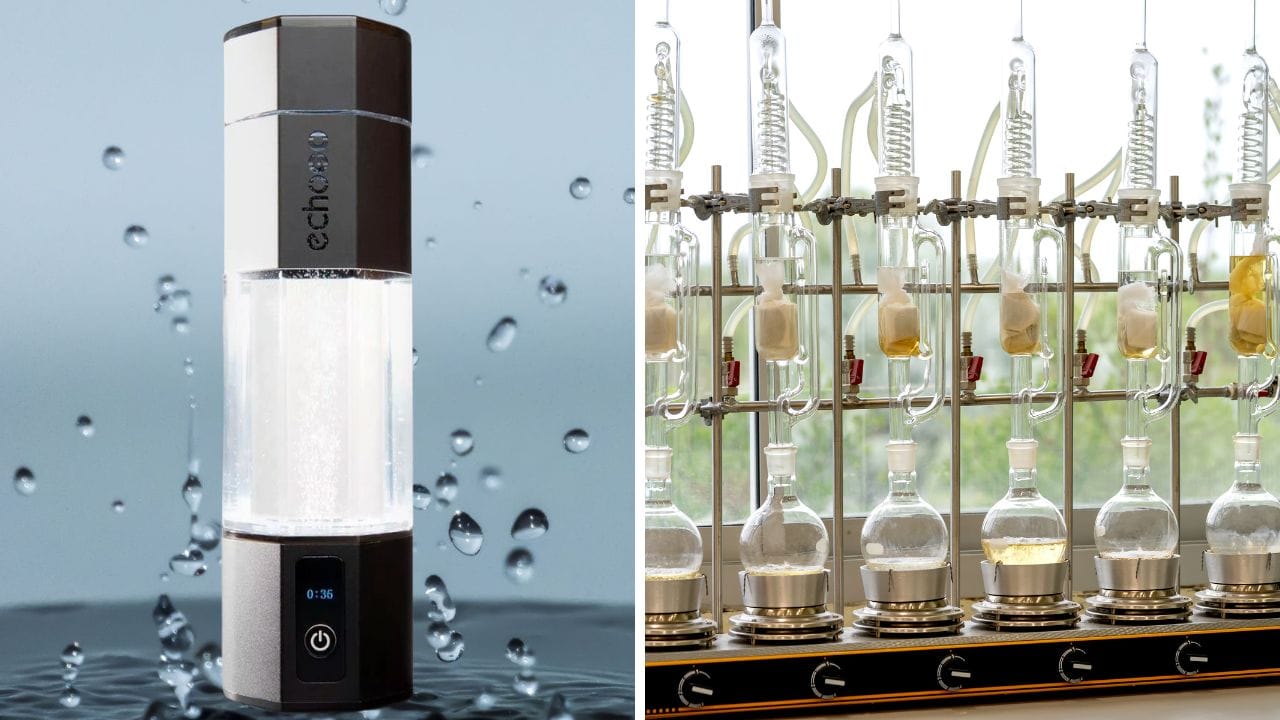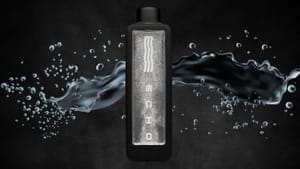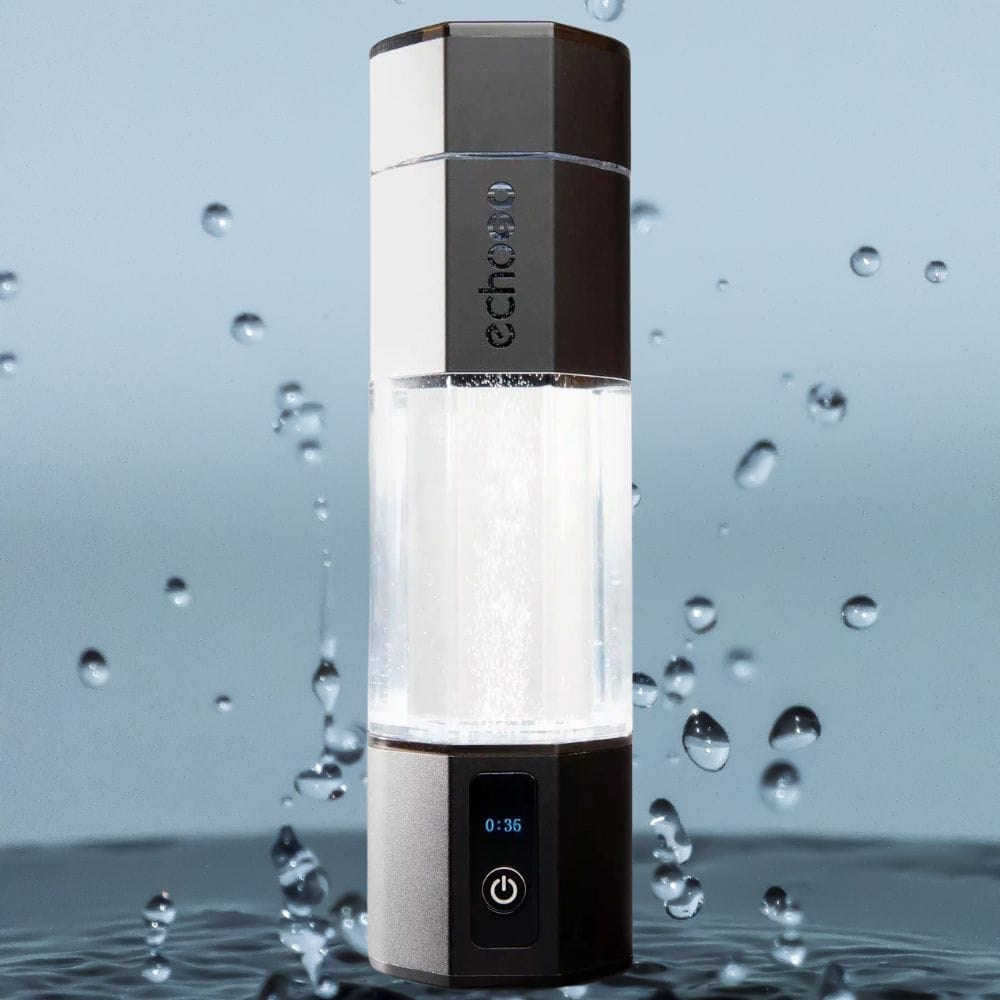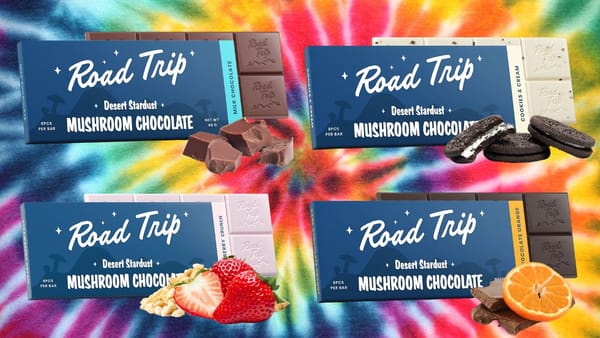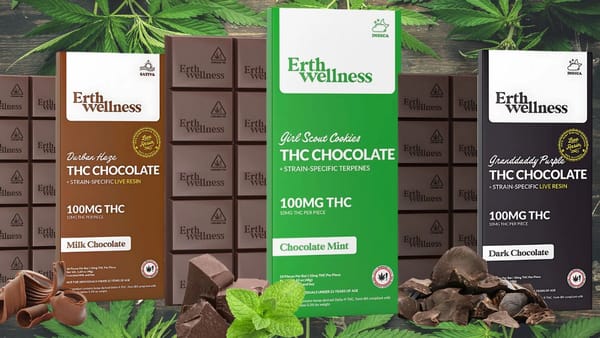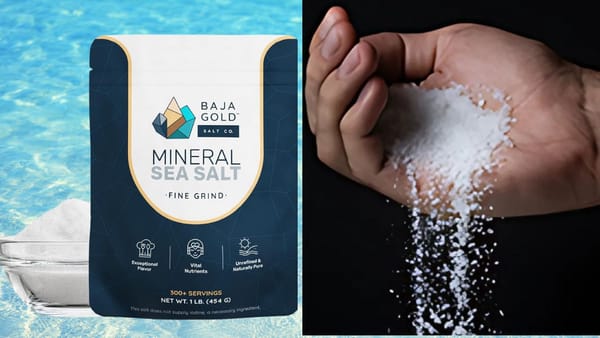Key Takeaways:
- Understanding the compatibility of distilled water with hydrogen water bottles is crucial for optimal performance.
- The science behind hydrogen water bottles suggests specific water types for generating hydrogen-rich water effectively.
- Regular maintenance and correct water choice can extend the life of your hydrogen bottle and enhance the hydrogen therapy experience.
Hydrogen water bottles have become a popular tool for those seeking the potential health benefits of drinking hydrogen-rich water. These bottles are designed to infuse ordinary water with molecular hydrogen, a selective antioxidant that may neutralize harmful free radicals in the body. But with various water types available, consumers often ask, "Can you use distilled water in a hydrogen water bottle?" This review will delve into the science behind hydrogen water bottles and the role of water quality in hydrogen generation.
The Science Behind Hydrogen Water Bottles
Hydrogen water bottles operate on the principle of electrolysis, where an electric current is passed through water to produce hydrogen gas. This process typically involves a solid polymer electrolyte or a proton exchange membrane that separates the generated oxygen and hydrogen gases. The hydrogen gas is then dissolved into the water, creating hydrogen-rich water for consumption.
Water Quality and Hydrogen Production
The quality of water used in a hydrogen bottle is a critical factor in the electrolysis process. Tap water, mineral water, and purified or distilled water each have different mineral contents and conductivities, which can affect the efficiency of hydrogen generation. It's essential to understand how these differences impact the production of hydrogen gas.
Distilled Water in Hydrogen Bottles: Pros and Cons
Distilled water is known for its purity, having undergone a process that removes most of its mineral content. While this may seem ideal for generating hydrogen, the lack of minerals can actually hinder the electrolysis process. Hydrogen water bottles often rely on the conductivity provided by minerals in the water to facilitate the generation of hydrogen gas.
The Role of Minerals in Electrolysis
Minerals like calcium and magnesium found in regular water contribute to the water's conductivity, which is necessary for the electrolysis process to occur efficiently. In contrast, the low mineral content of distilled water can lead to a lower hydrogen concentration and potentially affect the bottle's battery life.
Solid Polymer Electrolysis and Water Purity
Solid polymer electrolysis technology, used in many hydrogen water bottles, is designed to work with a certain level of water conductivity. Using distilled water might not provide the optimal conditions for the solid polymer electrolyte to function effectively, potentially leading to subpar hydrogen production.
Hydrogen Therapy and Water Type
For those using hydrogen water bottles for hydrogen therapy, the type of water used can influence the therapeutic outcomes. Drinking water with a higher concentration of hydrogen gas is believed to offer more of the potential health benefits associated with hydrogen therapy.
The Debate Over Purified or Distilled Water
While some argue that purified or distilled water is the cleanest option for drinking, others suggest that the lack of minerals could be detrimental not only to the hydrogen production process but also to the overall health benefits of the water.
Hydrogen Concentration and Water Purity
The hydrogen concentration achieved in a hydrogen bottle can vary depending on the purity of the water. Distilled water may require additional steps, such as adding a small amount of salt or minerals, to improve the hydrogen content.
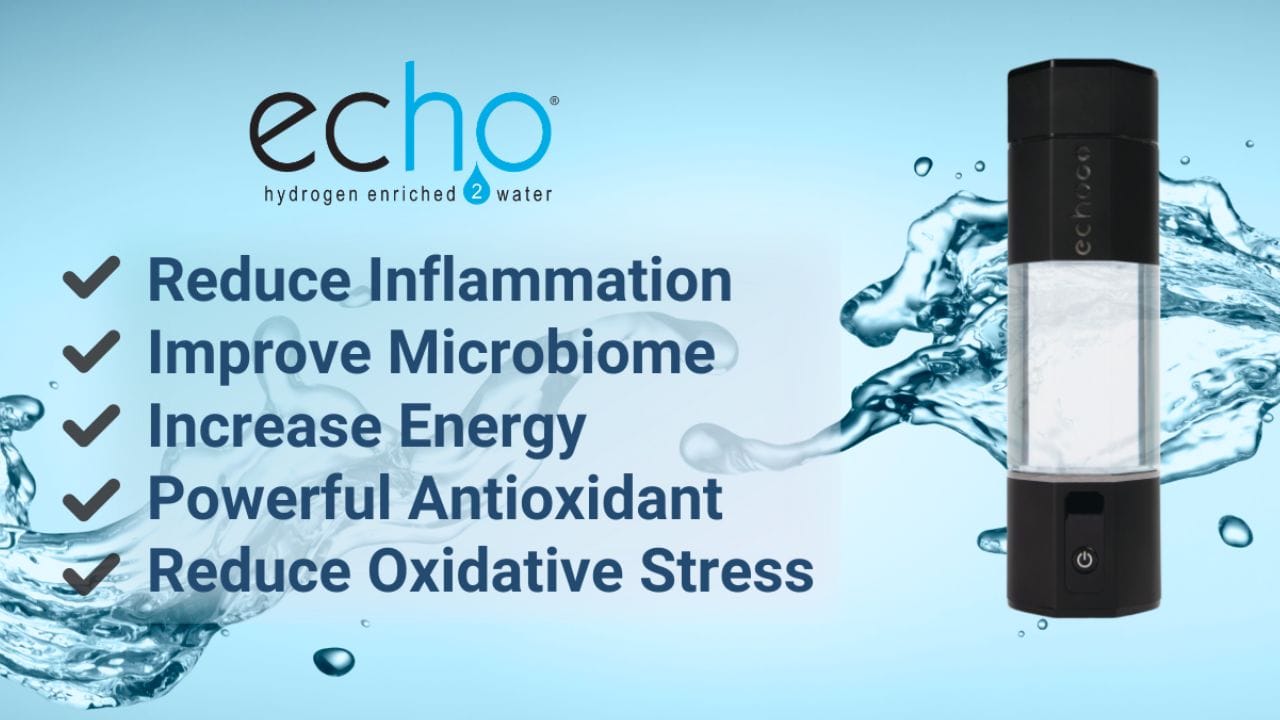
Optimizing Hydrogen Production: Water Types and Power Supply
When considering whether you can use distilled water in a hydrogen water bottle, it's crucial to understand the relationship between the type of water and the power supply of the device. Hydrogen water bottles are designed to infuse water with hydrogen rich water, which proponents claim can provide more energy and health benefits. The power supply of these bottles is calibrated to work efficiently with a certain mineral content in the water. Using distilled water, which lacks these minerals, could potentially alter the electrolysis process, leading to less optimal hydrogen production.
However, some high-end models of hydrogen water bottles are equipped with advanced power supply units that can adapt to various water types, including distilled, purified water, and even reverse osmosis water. These sophisticated devices ensure that regardless of the water used, the production of hydrogen rich water is not compromised. Users seeking to maximize the benefits of their hydrogen water bottle might consider investing in such versatile models, which allow them to drink directly from the bottle after several cycles of hydrogen infusion, regardless of the initial water quality.
The Health Implications: Choosing Between Bottled and Distilled Water
The debate over the best type of water to use in a hydrogen water bottle often extends to the health implications of drinking hydrogen rich water. Some users prefer bottled water, believing it to be cleaner and more beneficial than normal water or dirty water from taps. However, bottled water can vary significantly in quality and mineral content, which can affect the hydrogen saturation levels and the overall efficacy of the water ionizer. On the other hand, distilled water is free from contaminants and can be considered clean water, but it lacks the minerals that are essential for the electrolysis process in hydrogen water bottles.
For those who view their hydrogen water bottle as a nature medicine or medical device, the purity of the water is paramount. Distilled water, with its absence of impurities, may seem like an ideal choice. Yet, it's important to note that some hydrogen water bottles come with a vented cap designed to prevent the buildup of unwanted oxygen gas during the hydrogenation process. This feature is particularly important when using distilled water, as it ensures that only hydrogen is enriched in the water, making it safe and beneficial to drink directly from the bottle.
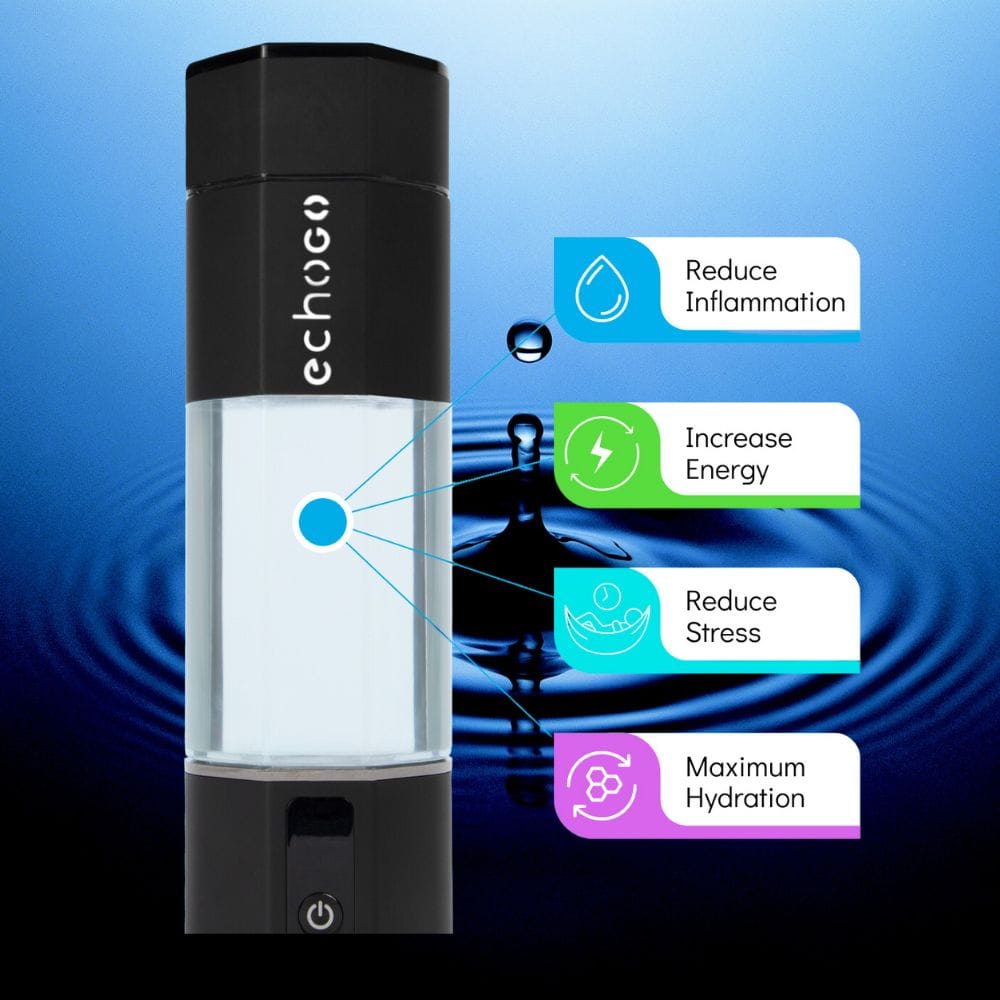
Maintenance and Water Choice
Regular maintenance of your hydrogen bottle, including cleaning with citric acid or a similar agent, can help prevent the buildup of scale from mineral-rich water. However, using distilled water could minimize the need for frequent cleaning, although it may compromise hydrogen production.
Hydrogen Water Bottles and Plastic
Many hydrogen water bottles are made from materials like borosilicate glass or plastic. The choice of material can influence the water quality and the longevity of the bottle. A glass bottle may be preferable for those concerned about the potential leaching of chemicals from a plastic bottle.
Hydrogen Peroxide: A Potential Byproduct
When using certain types of water, such as tap water with high chlorine content, there is a risk of producing unwanted byproducts like chlorine gas or hydrogen peroxide. Distilled water may reduce this risk, but it's important to ensure that the hydrogen bottle is designed to handle such pure water.
The Impact of Water Temperature
The working temperature of the water used in a hydrogen bottle can affect the electrolysis process. Cold water may slow down the reaction, while hot water could potentially damage the components of the bottle. Fresh water at room temperature is often recommended for optimal hydrogen generation.
Hydrogen Water Bottles as Medical Devices
Some hydrogen water bottles are marketed as medical devices, promising to deliver a higher concentration of hydrogen for therapeutic purposes. The water quality used in these bottles is especially important to ensure that the device operates as intended.
The ORP Value and Water Quality
The oxidation-reduction potential (ORP) value of water indicates its ability to either donate or accept electrons during a chemical reaction. Water with hydrogen typically has a negative ORP value, suggesting antioxidant properties. The type of water used can influence the ORP value and, consequently, the benefits of hydrogen water.
Hydrogen Content and Regular Consumption
For those who drink hydrogen water regularly, the consistency of the hydrogen content is key to experiencing the benefits. Using the right type of water ensures that each bottle of water consumed has a reliable level of hydrogen gas.
Generator Base and Water Capacity
The generator base of a hydrogen water bottle, where the electrolysis process takes place, is designed to work with a specific water capacity. Filling the bottle with only half a bottle of water, regardless of the type, could affect the generation of hydrogen and the overall efficiency of the bottle.
The Verdict on Distilled Water
In conclusion, while distilled water is the purest form of water, it may not be the best choice for use in a hydrogen water bottle. The lack of minerals can impede the electrolysis process, leading to lower hydrogen production and potentially affecting the device's performance.
Summary
This review has explored the compatibility of distilled water with hydrogen water bottles, examining the impact of water quality on hydrogen generation and the potential health benefits of hydrogen-rich water. While distilled water is pure, it lacks the necessary minerals for efficient hydrogen production in standard electrolysis bottles. For optimal performance and maintenance of your hydrogen bottle, using mineral-rich or filtered water is recommended. Regular water with a balanced mineral content can ensure a higher concentration of hydrogen, contributing to the effectiveness of hydrogen therapy.
The information presented in this document is purely for educational purposes and should not be construed as medical advice. While every effort has been made to ensure the accuracy and reliability of the information provided, all health-related decisions should be made in consultation with a qualified healthcare professional. The author does not take any liability for the health decisions made by the reader.
How We Choose
Our team has spent hours researching through thousands of user reviews and star ratings for the best products on the market. We take into account factors such as quality, durability, performance, sustainability, and affordability when recommending products to our readers. We strive to find the best options that meet everyone’s needs - even those on a budget!
We hope this product may be your next special! This product was independently selected by our editors. Good Guru Reviews may collect a share of sales or other compensation from the links on this page if you decide to buy something (at no additional cost to you, that's how we stay in business). Enjoy finding your next special item with us!
FAQ Section
Q: Can you use distilled water in a hydrogen water bottle?
A: Technically, you can use distilled water in a hydrogen water bottle, but it may not be the most effective choice. The lack of minerals in distilled water can reduce the efficiency of the electrolysis process, resulting in lower hydrogen concentration.
Q: What type of water is best for a hydrogen water bottle?
A: Mineral-rich or filtered water is generally the best choice for a hydrogen water bottle. These types of water provide the necessary conductivity for efficient hydrogen gas generation.
Q: How can you increase the hydrogen concentration when using distilled water?
A: To increase the hydrogen concentration when using distilled water, you can add a small amount of salt or minerals to improve conductivity. However, it's important to follow the manufacturer's guidelines to avoid damaging the bottle.


